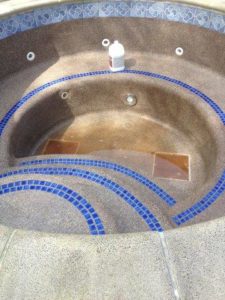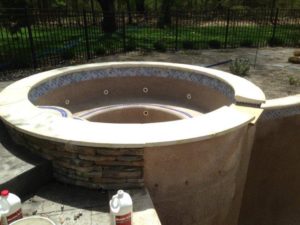 What is Muriatic Acid?
What is Muriatic Acid?
(Source: Wikipedia) Hydrochloric acid is a clear, colorless, highly pungent solution of hydrogen chloride (HCl) in water. It is a highly corrosive, strong mineral acid with many industrial uses. Hydrochloric acid is found naturally in gastric acid. When it reacts with an organic base it forms a hydrochloride salt.
It was historically called acidum salis, muriatic acid, and spirits of salt because it was produced from rock salt and green vitriol (by Basilius Valentinus in the 15th century) and later from the chemically similar common salt and sulfuric acid (by Johann Rudolph Glauber in the 17th century). Free hydrochloric acid was first formally described in the 16th century by Libavius. Later, it was used by chemists such as Glauber, Priestley, and Davy in their scientific research.
With major production starting in the Industrial Revolution, hydrochloric acid is used in the chemical industry as a chemical reagent in the large-scale production of vinyl chloride for PVC plastic, and MDI/TDI for polyurethane. It has numerous smaller-scale applications, including household cleaning, production of gelatin and other food additives, descaling, and leather processing. About 20 million tonnes of hydrochloric acid are produced worldwide annually.
How is muriatic acid used in swimming pools?
Muriatic acid is used in the swimming pool industry for a number of different reasons. During pool construction acid is used to clean the swimming pool surface during tile installation, to clean coping, and to prep for marcite or pebble finish, as well as clean once the surface has been installed.
Muriatic acid can be used to clean fiberglass pool surfaces (carefully). Muriatic acid etches the surface of pools, so it can’t be used too often, even in gunite pools.
Muriatic acid can be used in pool water to lower the pH or alkalinity of the pool. It is also diluted and used to clean corrosion or scale in pool heaters, salt chlorine generators and DE filters. It is a very versatile product, and highly dangerous, caustic and bad for your lungs if you inhale the fumes, so care should be taken in transporting, handling and using muriatic acid.
